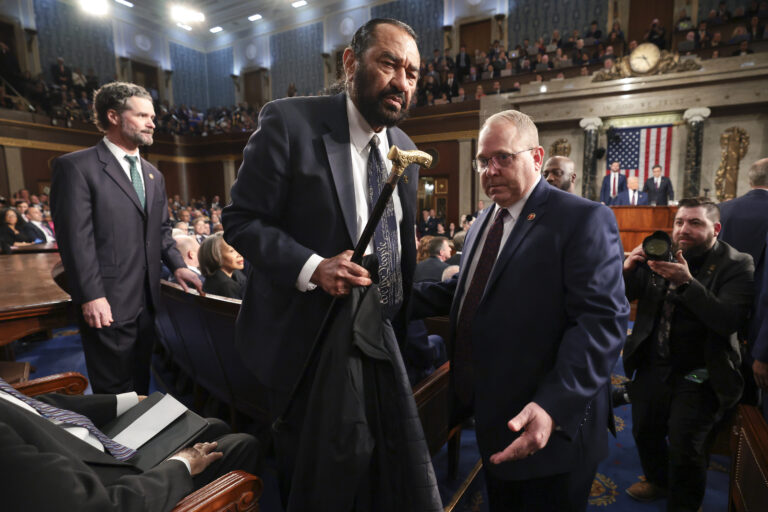 Newt Gingrich and Mitt Romney found themselves on the defensive in the last Republican debate before the Iowa caucuses, with Gingrich challenged on whether he can defeat President Obama and Romney questioned about his consistency on social issues.
Newt Gingrich and Mitt Romney found themselves on the defensive in the last Republican debate before the Iowa caucuses, with Gingrich challenged on whether he can defeat President Obama and Romney questioned about his consistency on social issues.
The questions highlighted the choice GOP voters will face as they start the process of selecting a presidential nominee in January: whether Romney can be trusted to lead a party that has become more conservative in recent years versus whether Gingrich has the discipline and consistency to carry the Republican banner.
Addressing doubts about his electability, Gingrich said that if the same question had been asked about Ronald Reagan in 1980, he never would have won the nomination. He cited his record in helping to enact welfare reform and balanced budgets as speaker.
“I think it’s fair to say that my commitment to disciplined, systematic work is fairly obvious,” he said. “You know, people just have to decide. . . . I strive for very large changes, and I’m prepared to really try to lead the American people to get this country back on the right track.”
Romney tried to fight back against questions about changes in position that dogged him in his 2008 campaign and remain an issue in the minds of many Republican voters. He acknowledged changing positions on abortion but said that on gay rights he has remained consistent in supporting tolerance but opposing same-sex marriage.
“I’ve learned over time, like Ronald Reagan and George H.W. Bush and others, my experience in life over 17, 18, 19 years has told me that sometimes I was wrong,” he said. “Where I was wrong, I tried to correct myself.”
Gingrich came under repeated attack, with Rep. Michele Bachmann (Minn.), who needs a strong showing in Iowa, taking a very aggressive stance against him. She challenged the former House speaker over the $1.6 million he received as a consultant to Freddie Mac and on supporting Republican candidates who favored late-term abortions.
Twice he accused her of getting her facts wrong. “Sometimes Congresswoman doesn’t get her facts very accurate,” he said the second time. Bachmann, her voice dripping with indignation, shot back: “I think it’s outrageous to continue to say over and over through the debates that I don’t have my facts right when, as a matter of fact, I do. I am a serious candidate for president of the United States and my facts are accurate.”
Thursday’s debate came in a week in which the tone of the campaign has turned more negative, with most of the attacks aimed at Gingrich and at a point when personal campaigning and television commercials in Iowa are beginning to play a larger role. The caucuses are less than three weeks away, with New Hampshire’s primary coming a week after Iowa.
There was no clear winner Thursday night and no obvious loser. No one committed a major mistake, and some of the strongest performances were turned in by candidates in the lower tier of the competition, demonstrating both the urgency of attracting more support and the improvement of virtually everyone in the field over the course of so many debates.










